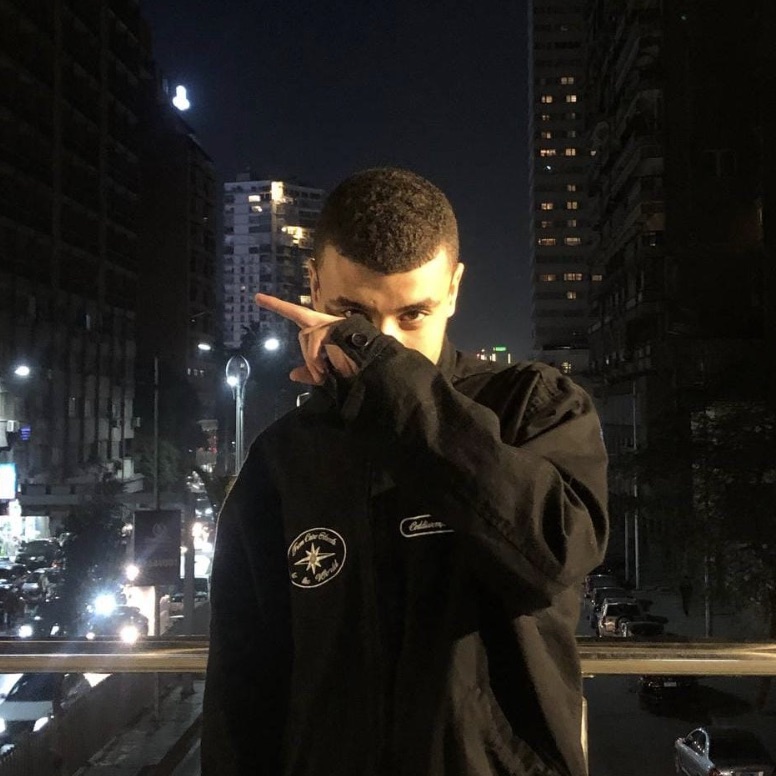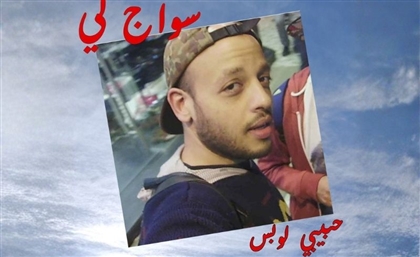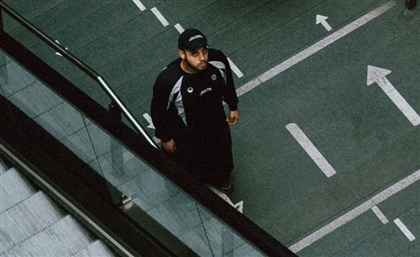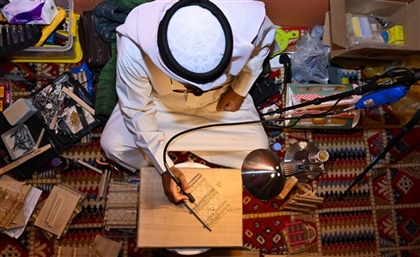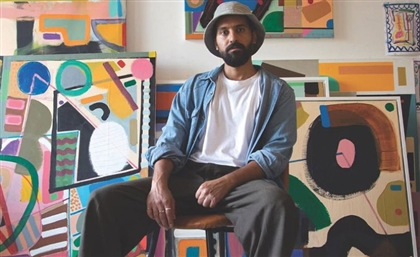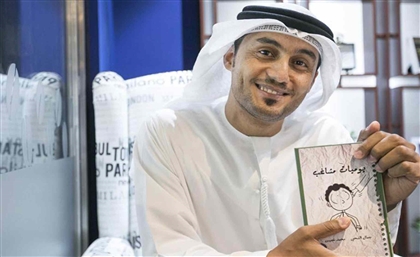ZULI Shifts From Signature Club Chaos to Ambient on 'Lambda'
The LP is a more nuanced departure from his previous club-centric work, embracing a more intimate and melodic approach.
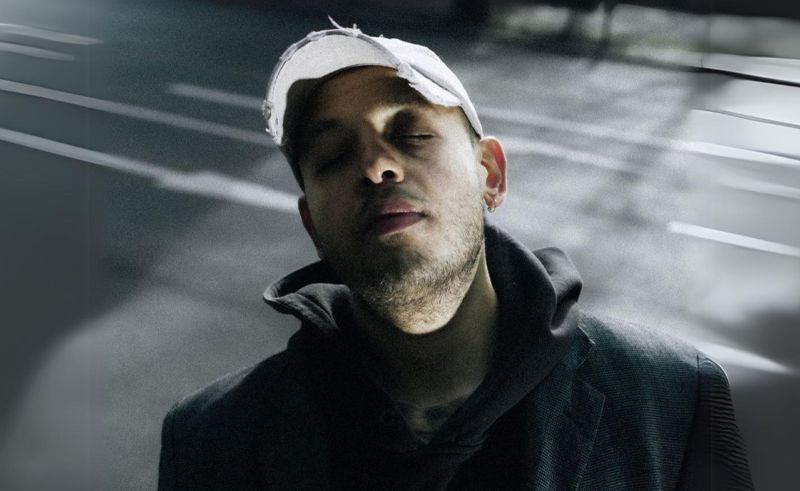
Ahmed Al Ghazouly has stood out as a leading figure in the Egyptian electronic underground scene for well over a decade. Not only has he taken his sound to global horizons, working his way into the sets of electronic music pioneers with the likes of Aphex Twin, Machine Woman and Lee Gamble, but he has also garnered substantial recognition within the underground music scene and has been lauded by some of the genre’s most reputable publications and musicians.
Operating under the moniker ZULI (in all caps) since the mid 2010s, following his departure from the handle Swag Lee, he has shifted his focus from producing for Egyptian MCs, most notably his long-standing collaborations with Abyusif, towards the world of dance music, eventually becoming a vital part of Cairo’s underground club scene.
ZULI’s latest full-length LP, ‘Lambda’, marks a significant sonic shift in the artist’s catalogue, transitioning from his razor-sharp techno chops and fractured production style to spaced-out, intimate and more oblique tracks that are more atmospheric and less cacophonous. The 13-track album sees ZULI collaborating with the Hamburg-based MICHAELBRAILY, British artist Coby Sey, as well as fellow Egyptian multi-instrumentalist and singer Abullah Miniway.
‘Lambda’ is a nuanced departure from his previous club-centric work, embracing a more intimate and melodic approach. The album navigates through a landscape of quiet madness and ambient desolation, with reverb-warped, fractured club cuts that slowly evolve into slowed-down, soft soundscapes. Tracks like ‘Trashee’ feature grimey, distorted snares and auto-tuned vocals, while ‘Plateau’ commands with Abdullah Miniway’s chants that crescendo into walls of sound.
The cinematic quality of ‘Lambda’ is evident in the trip-hop influences, spaced-out arrangements and ambient crescendos. MICHAELBRAILY’s falsetto vocals contrast starkly with ZULI's overwhelming production.
In ‘Fahsil Qusseer’, ZULI recites a poem written by his father, Osama El Ghazoly. ZULI's voice appears throughout the track, shifting from side to side in the stereo field. Throughout the album, gauzy, indiscernible vocalisations break through the soundscape, creating a collision of industrial music, symphonic noise, and trip-hop elements, all underscored by lush synth washes. This album marks a significant evolution in ZULI's catalogue, highlighting his ability to create deeply atmospheric and emotionally resonant music.
- Previous Article Italian-Palestinian Duo No Input Debuts Eponymous Electro EP
- Next Article MENA Startups Raised $116 Million in June 2024







